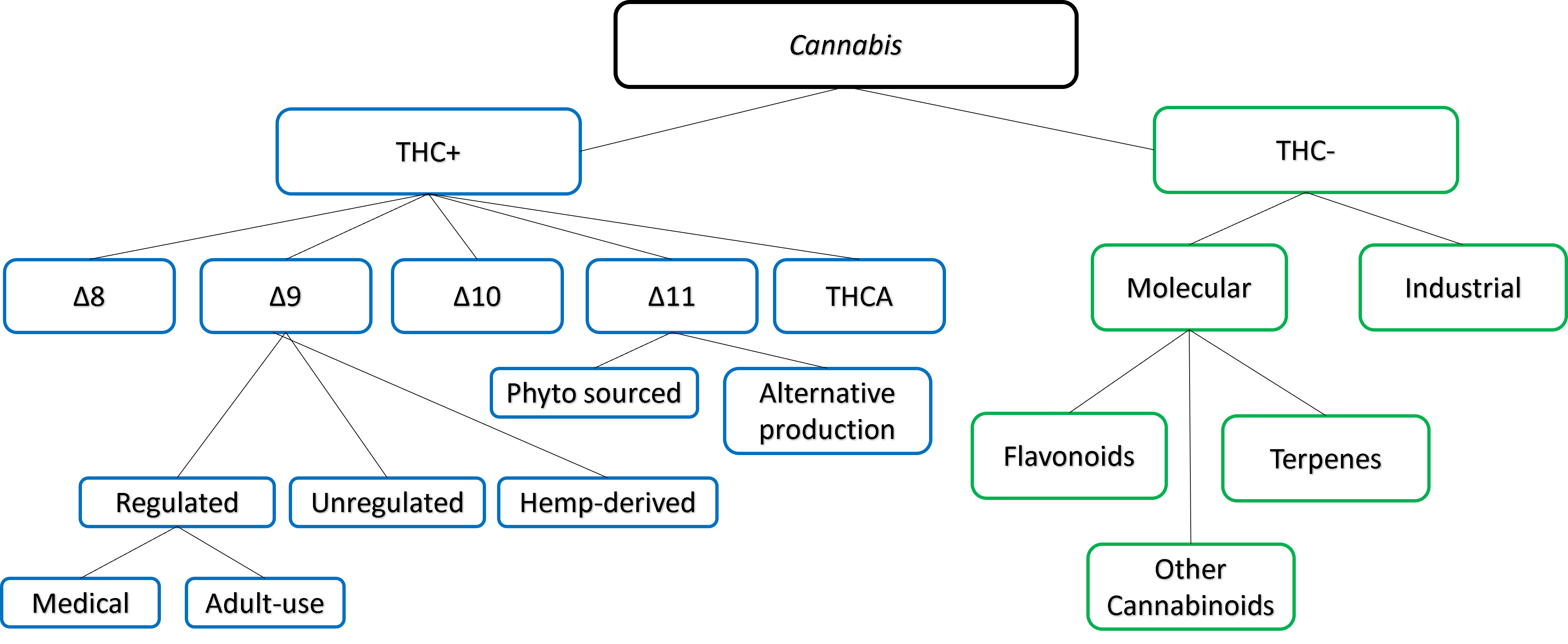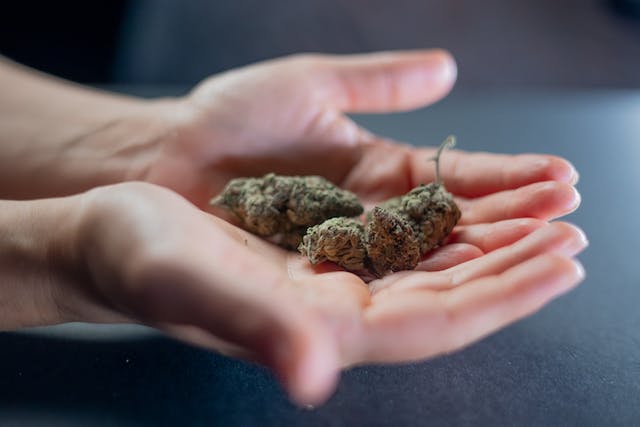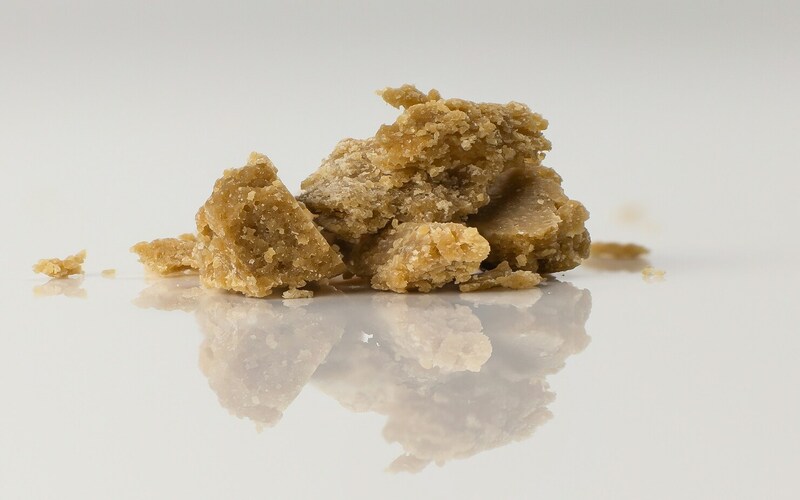By David Traylor
Extraction and processing technologies have played a significant role in the cannabis sector over the last 10 to 15 years. The importance of these technologies to the global cannabis sector is only going to increase over the next five years, which should provide opportunities on many different levels.
Developing a Consistent Nomenclature
GEP initially introduced a new idea on cannabis nomenclature in Miami at Benzinga and presented it formally in Berlin at the Global Investor Forum (GlF) in late June. A cornerstone of the new nomenclature is the fact that cannabis is the genus of this amazing plant. As a result, we believe the term should be capitalized and should be inclusive of all forms of the product, whatever molecules it includes.
From that broad perspective, it can be broken down into two categories: THC plus (THC+) companies/products or THC minus (THC-) companies/products. All products and companies fit within these two classifications. As a result, Cannabis will be capitalized for the remaining mentions in this article.

Processing Technologies Will Continue to Evolve
Supercritical extraction technologies using different solvents have been used since the early days of the modern Cannabis age which started with California’s legalization of medical use in 1996 and accelerated when Colorado and Washington legalized adult use in November 2012. Waters, a leading global supplier of high-value analytical technologies, was an early adopter and seller of their equipment into Cannabis.
Waters was well-positioned to jump into Cannabis after many years of success selling their wares to scientific companies since their founding in 1958. The adoption of these biotechnologies in Cannabis has worked well, although technological improvements in extraction are needed.
Also, changes to extraction technology can improve the final resulting concentrate. Interesting work conducted by Jeff Raber, Ph.D., showed that when the same chemovar was extracted using the same technology the two resulting concentrates had different ratios of some of the biological molecules, especially terpenes.

Currently, there are companies with proprietary processing technologies, like Herbolea of Florence, Italy. Herbolea has a technology that doesn’t use any of the typical solvents and results in a concentrate that has a broader molecular profile and retains some of the more volatile compounds.
In addition, we expect over time that the final products resulting from bioprocessing will not have improved characteristics, but process yields should improve. History has shown over time that bioprocessing yields with a given technology increase. Overall, technology improvements should result in more cost-effective processing with higher yields and the same, or better, finished product quality.
Adoption of Extraction/Concentrate Technologies Will Increase
Over time there is no doubt that extraction/concentrate technologies will continue to gain relevance in the Cannabis sector. It’s estimated there are more than 150 different cannabinoids. Continued adoption and interest in the potential of what some call “minor” cannabinoids for different treatments will continue to increase, and these depend upon the use of extraction technologies.
Extraction technologies will also be critical to the growth of the international market for Cannabis. The frequency and level of cross-border production, exportation, and importation will continue to increase. Many companies currently exporting Cannabis are shipping it as flower or biomass.

Over time, we expect that to change to shipping via concentrate to make it more economically feasible. Finally, innovation will continue to create more products with different ratios and mixtures of cannabinoids, terpenes, and flavonoids. Effective extraction processing of these molecules will be necessary to create these new products.
Improved Technologies Will Result in Better Products
Due to the relatively nascent nature of the Cannabis sector and the lack of history of applied technology, there is significant room for innovation in extraction technologies. Most form factors using Cannabis are dependent on concentrates — vapes, tinctures, sublinguals, topicals, and edibles. In the future, pre-rolls will be part of that grouping when companies continue to dope these products with additional molecular concentrates.
The continued importance of concentrates in the creation of products will drive innovation. Also, we believe better extraction technologies will result in better concentrates, which in turn will produce better products across all of these form factors. The typical Cannabis plant has over 500 compounds — some of them are quite volatile. Better extraction technologies will maintain many of these hard-to-process natural molecules.

The result could be a rapid expansion of product offerings with some very exotic products consisting of combinations of these compounds. Finally, the ability to customize the type and level of specific molecules could be an important advancement toward figuring out the Entourage Effect (the synergistic interaction between cannabinoids) and which molecules may be more important than others.
Perspectives on International Investment Opportunities
The potential for attractive investment opportunities in extraction and other bioprocessing technologies in Cannabis should manifest over time. Notably, these technologies apply to the entire Cannabis sector, whether it is THC+ or THC- products.
With the tough market conditions between these two subsectors over the last five years, diversification of risk across the entire Cannabis sector is a smart approach. Also, companies developing and selling processing technologies are “pick and shovel” companies.
Beginning with the Gold Rush in the late 1800s, it’s been proven that investments in companies that provide the enabling tools in a given industry prove to be the most lucrative over time. Another notable aspect is that the resultant extraction and bioprocessing technologies are globally accepted. Many companies, services, and products can’t easily straddle state or national borders. Bioprocessing technologies do not face the same cross-border restrictions as other subsectors in Cannabis.
This article first appeared in Volume 5 Issue 2 of Cannabis & Tech Today. Read the full issue here.







